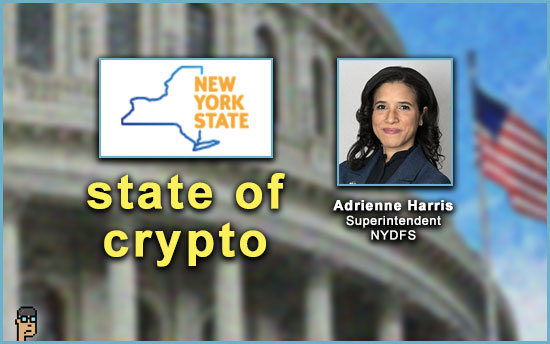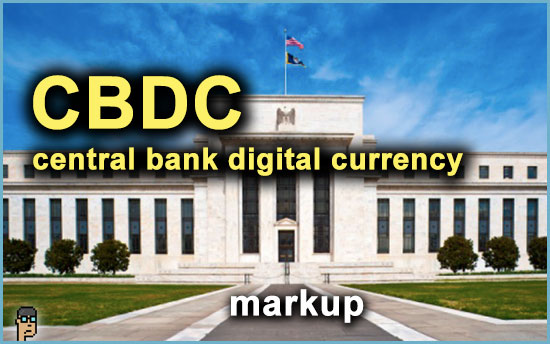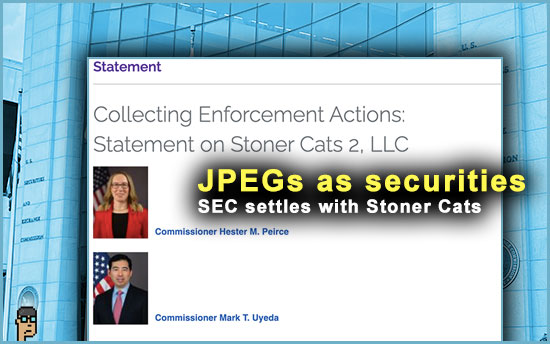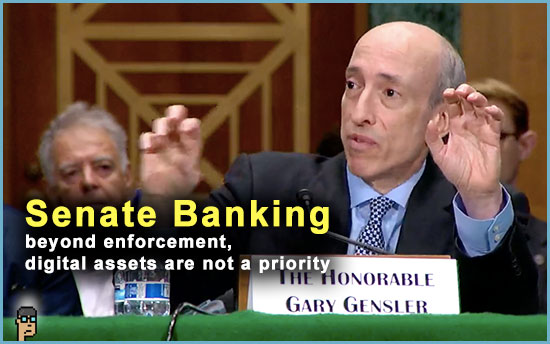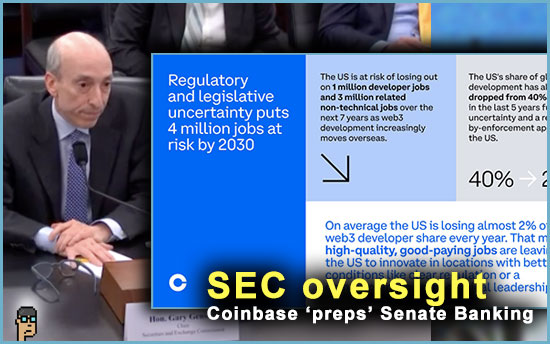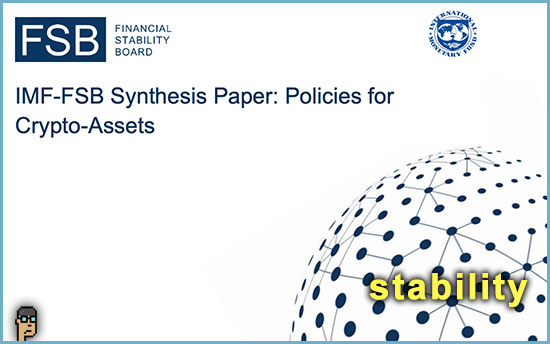state leads regulation
New New York State coin listing guidance was proposed yesterday. According to the Wall Street Journal, New York Department of Financial Services (NYDFS) Superintendent Adrienne Harris said, “When we know that a coin that someone once thought was OK, when we see that new risks have emerged or the coin is being misused, we want our entities to have a way to delist the coin in a way that’s still protective of consumers and protects safety and soundness as well.” Harris noted that this is the first time “delisting” has been included in guidance. Read the article. The comment period for the proposal ends on October 20.
In the NYDFS press release about coin listings, the Department reveals digital assets hiring momentum at the agency: “60 experts to oversee licensing and strengthen supervision, enhanced existing and established new policies and procedures, and enacted new assessment authority to support the continued growth of the virtual currency unit.” See the release.
more tips:
Back in May, Attorney General Letitia James echoed some of the themes of national Democratic leadership by challenging NYDFS authority with the introduction of state legislation that gave the State A.G. more jurisdiction in digital assets. To date, nothing has come of it and the NYDFS has appeared to maintain its grip on digital assets regulation with the backing of the state’s governor, Kathy Hochul. The turf battle is an extension of “state versus federal oversight in digital assets” being discussed today in Congress (see the July House Financial Services markup on the stablecoin bill).
about that AML bill
CoinDesk’s Jesse Hamilton reviews the new “team” of co-sponsors added to [S.2669] Digital Asset Anti-Money Laundering Act introduced by Senator Elizabeth Warren (D, MA) and sees difficulty ahead when it comes to passage. Continue reading “NYDFS Proposes New Listing Regs, Reinforces Authority; Citi Embraces Tokenization”

